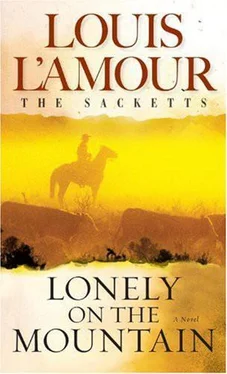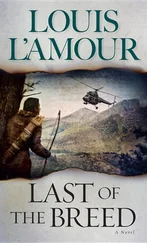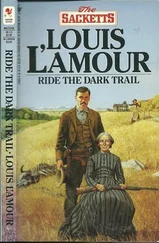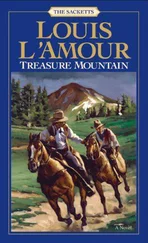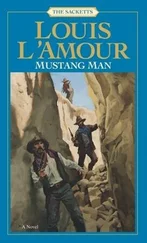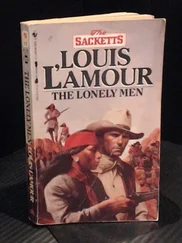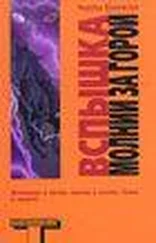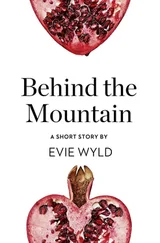Shot him dead."
Chapter XXII
Logan Sackett dead? I didn't believe it. He was too durned ornery to die.
Besides, I'd seen him come through cuttings and shootings and clubbings like he was born to them.
Shanty Gavin? Any relation to Kyle Gavin?
Who was Shanty, and what did he want? For that matter, who was Kyle Gavin?
Pearson and his partner headed on east, back to the fleshpots and away from the gold fields.
Fraser River gold was too fine, and the Cariboo was played out, or so they said, but we'd learned long ago to discount anything anybody said who was either going to or coming from a gold field.
"Any way you look at it," Cap said, "we're drivin' these cows right into trouble." "I never seen any trouble a cow couldn't handle," Haney said wryly. "What I'm wonderin' about is us. What are we gettin' into?" "Move 'em along," I said. "The time's gettin' short, and if we don't hurry, there'll be frost on the punkin before we get where we're going." "I want to get there," Shorty said, "so's we can get out before the snow settles down. I'm a warm-weather man myself, born for the sunny side of the hill." That was the night we left our carts behind. We divided what they contained into packs for four horses.
"We can burn them," Fleming said. "They'll make a hot fire for cooking." "We'll leave them," I said. "Somebody may come who needs a cart. We'll push them back under the trees and leave them for whoever comes.
Good hands made them, and I'll not destroy honest work." Again we moved out, pointing our way into the darker hills. The forest was changing now, and ahead of us we saw peaks that were bare of growth, and some were covered by snow. Grass was scarce, and we watched for meadows where the cattle could stop and feed. Our travel was arranged to make the most of grass when we found it. There were firs among the poplars now and sometimes groves of stunted pine.
We skirted a forest blown down by winds where the dead trees lay in rows like mowed grain.
Orrin was riding point when we met the grizzly. We'd been coming along a forest trail, the cattle strung out for a couple of miles or more and Orrin riding quiet, making no sound. Suddenly, the grizzly arose from the brush and stood tall in the trail. Startled, Orrin's horse reared, and Orrin kept his seat, drawing his pistol as he did so.
The first we knew of trouble was the sharp bark of his pistol, then three times more, rapid fire.
Tyrel, Haney, Cap, an' me, we lit out for the front of the column.
Ever try to get through a trail jammed with cattle? It took time, too much time.
Cattle began bucking and plunging, trying to get into the woods and brush on either side of the trail, and we could hear the roaring and snarling of what was obviously a mighty big bear. We fought our way through, but getting there was tough.
We heard two more shots, and we broke through to find a big grizzly lying in the trail, crippled but still full of fight.
Orrin was just getting up off the ground. His hat was gone, and his buckskin jacket was ripped, and there was blood on his shoulder. He made it to his feet, staggered, and commenced jamming loads into his pistol. Me, I took my rifle from the scabbard and killed that grizzly with two good shots.
He would have died from Orrin's shots, we later saw. Two of them had hit him in the neck, and after going down, Orrin got two more shots into his spine, fired as the bear was turning. They had crippled him in the hindquarters, which kept him from getting at Orrin. He'd hit him one glancing swipe, knocking him tail over teakettle into the brush.
It taken us the rest of the evening to skin out that grizzly and get the best cuts of meat; then we had to get the cattle around the blood in the trail. The carcass we hauled off with that old plow horse of Brandy's.
Scouting ahead, Shorty found a long meadow along a winding stream, and we turned the cattle in there for a good bit of grass and water. We rounded up some of the cattle that got away into the trees, but there was a few of them we never did find and didn't take the time to hunt. One old steer came up the trail after us when we started the next morning.
All the following day we struggled through bogs, the cattle floundering and plunging, our horses doing no better, and the trail when it could be found at all was wide enough for one animal only.
During the whole day, we made scarcely four miles, yet the next morning we climbed a low hill and then another and emerged in a forest of huge old poplars, scattered but with no undergrowth. Here and there, the cattle found a bite of something, usually a clump of wildflowers. We made good time and by nightfall had twelve miles of easy travel behind us.
We broke out into a plain at sundown, and the cattle scattered on the good grass there, and we found a camp up against some willows and near a small stream.
We were dead beat, and me an' Shorty were taking the first guard. I slapped a saddle on a dusty red roan and cinched up. I was putting my rifle in the scabbard when suddenly there was a thunder of hoofs, wild shrill whoops, and we saw a party of Indians swooping down upon us.
I grabbed my rifle back out of the scabbard, saw Tyrel hit the dirt behind a log, and heard Haney's pistol barking, and then they were gone and with them about fifty head of our cattle.
Well, I done some cussing, then apologized to Nettie, who came up from the campfire to see what had happened.
"Blackfeet," Cap said. "Count yourself lucky they wasn't war minded." "Let's go get 'em!" Shorty suggested.
Cap just glanced at him, but that glance said more than a passel of words. "Blackfeet, I said. You don't chase Blackfeet, Shorty.
You just count your blessings an' let 'em go.
"Those were young braves, just out for a lark. They wasn't huntin' scalps, but you go after them, and they will. We lost some cows. Let's move out of here." "To where?" "Any place but here. They might get to thinkin' on it and come back." Tired as we were, we put out our fire, loaded our gear, and headed off up the trail.
We found a meadow three miles farther on and bedded them down.
Nobody set by the campfire that night; nobody wanted a second cup of coffee.
Everybody crawled into his bed, and only the night guard was left.
Day after day, we plodded on; we had lost cattle one way or another until at least a third of them were gone. Old Baptiste killed a mountain sheep, and we dined well, but it had been weeks since we had seen a buffalo. There was little talk now during the day. Fleming looked sour and discontented. He seemed to have been expecting something that did not happen.
"Overlanders have come this way," Cap said, "but it's been a while." All the tracks we found were old, and we were getting more and more worried.
"Beats me where we're to meet Logan, if he's alive." "That feller said he was dead," Fleming said, "that he'd been killed." "He's a hard man to kill." "A bullet will do it for anybody," Fleming said. "If he's hit in the right place, on
man is no tougher than another." "Seems like we've been pushin' these cows forever," Shorty said. "I wouldn't mind standin' up to a bar for a drink." "Be a while," Tyrel said. "You boys set easy. Goin' back will be easy as pie." "If we ever," Fleming said.
Nettie and Mary had been keeping out of the way. They knew this was a trying time, and they had done their best to help. Both of them had become good hands, although Mary--well she'd been born a hand.
"If my brother is out here," Nettie asked Orrin, "where do you think he would be?" Orrin shrugged. "There's Barkerville, and there's Clinton. I don't know many of the towns, but I can tell you this. If he's in this country or has been, some of those folks will know. This is a big country, but she's right scarce of people. A body can be away up yonder at the forks of the creek, and somebody will have seen him. There's nothing happens up here somebody doesn't know about." Fleming chuckled. It was a dry, rather unpleasant, skeptical chuckle. Nobody said anything.
Читать дальше
